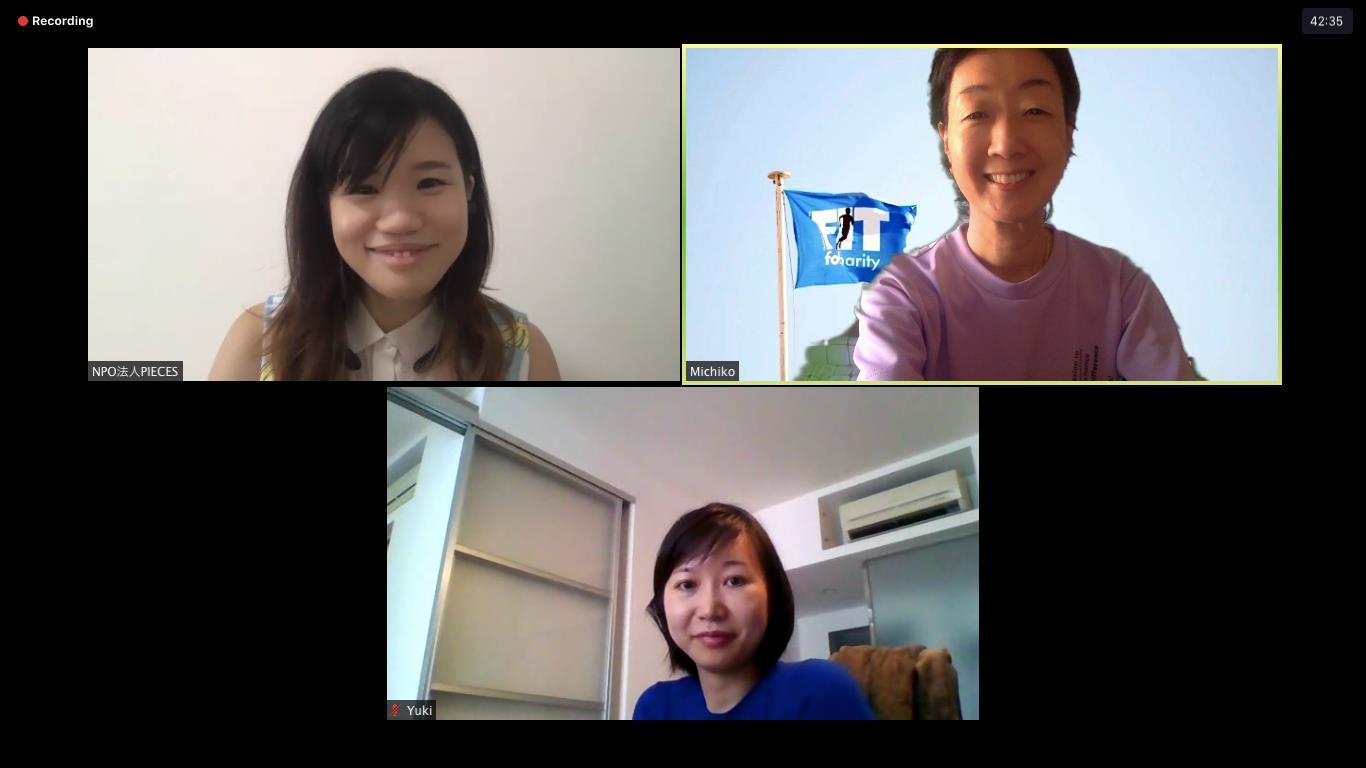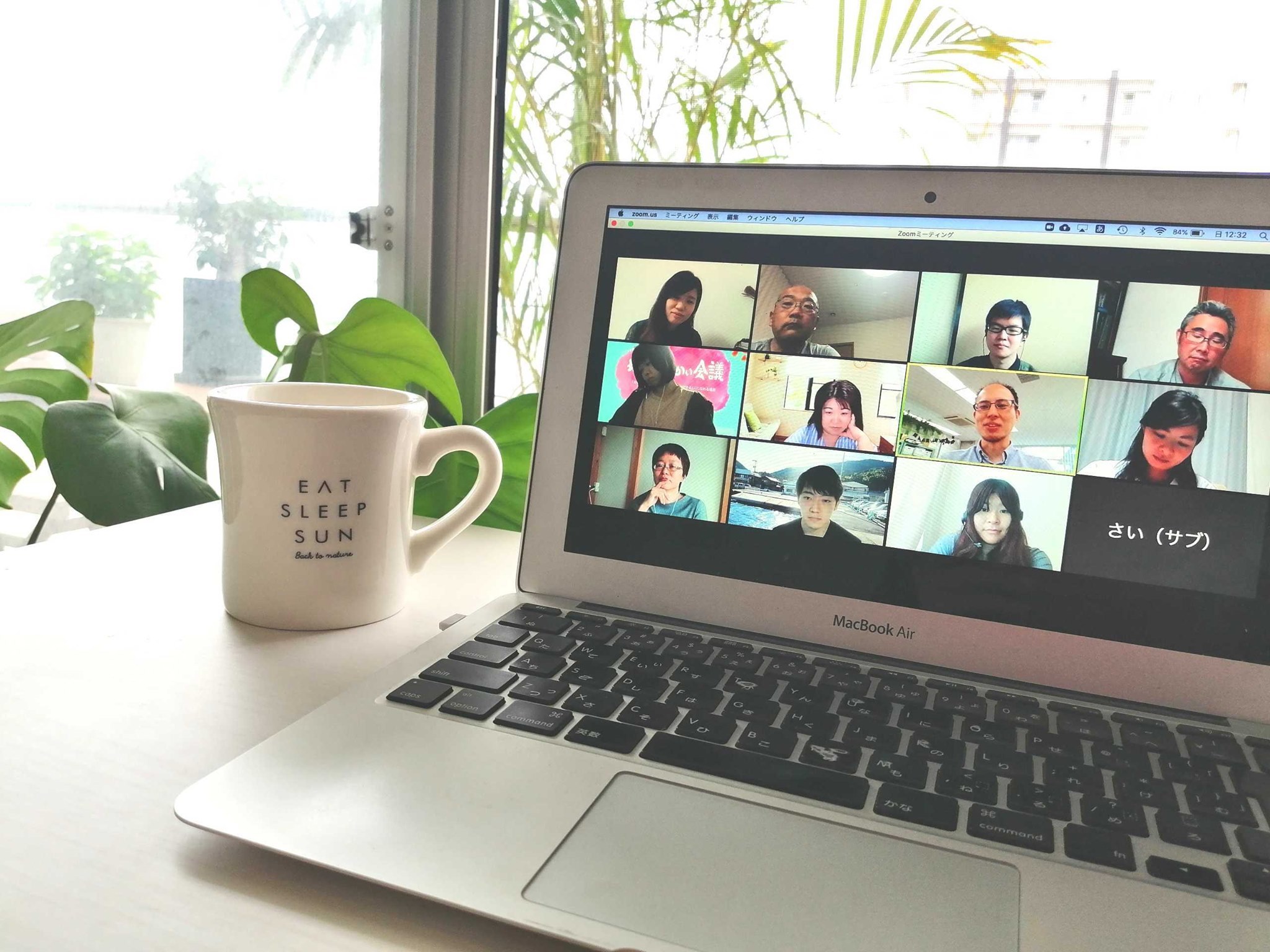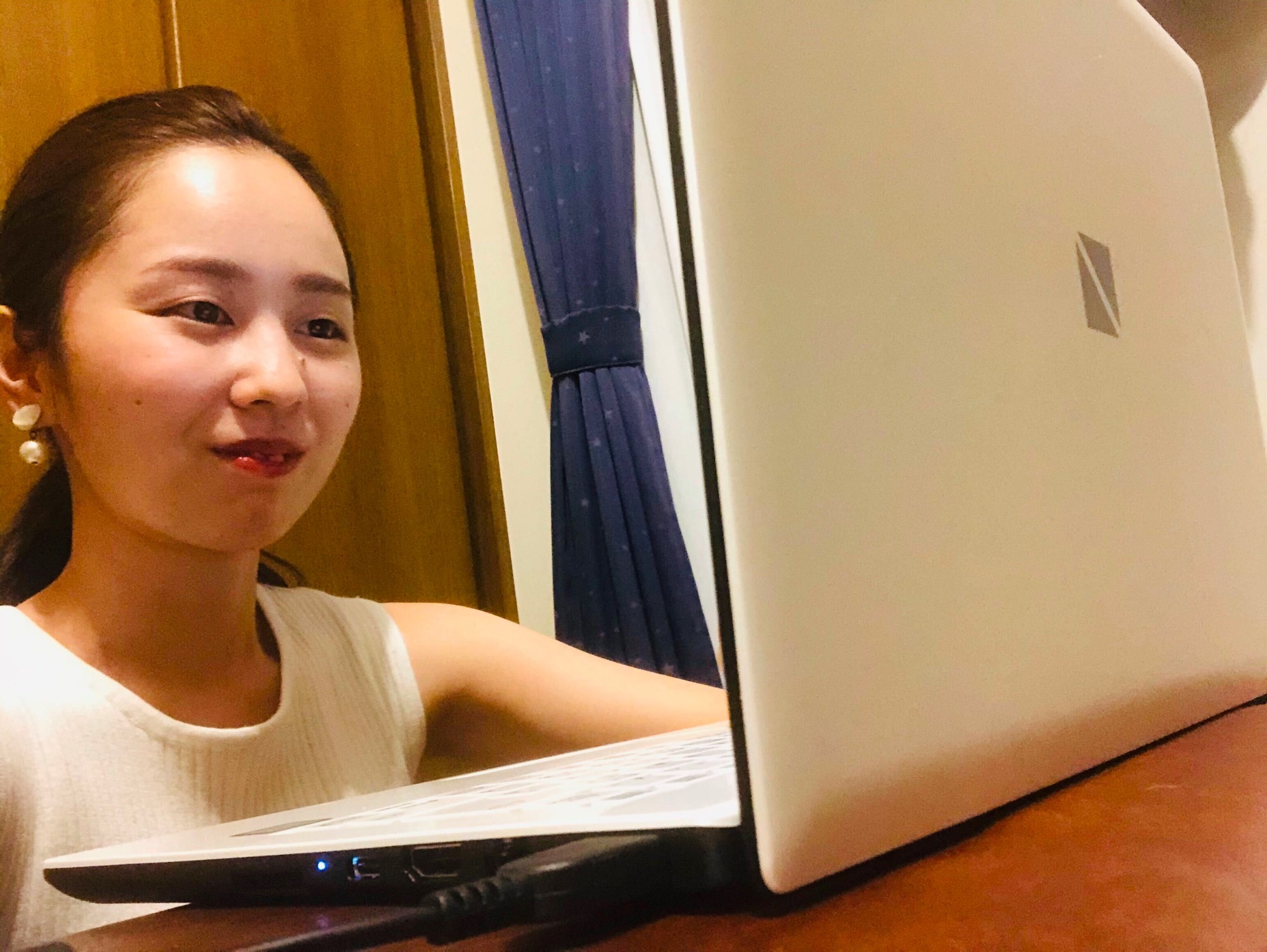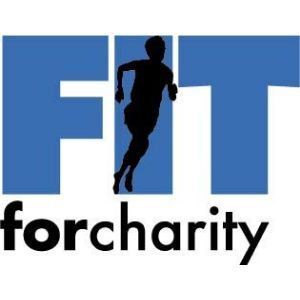NPO PIECES
PIECES, one of our FIT 2019 beneficiary organisations, is dedicated to solving the social problem of "child’s isolation" which is behind poverty, abuse, truancy, high school dropouts, teenage pregnancies, single mothers and children's living difficulties. We spoke with one of the directors, Shoko Aoki.

FIT: Tell us about your background and how you got involved in PIECES.
Aoki: I felt the gap between children in the area where I grew up, and I wondered about the environment in which one grew up would change their future. In the course of volunteer activities such as children's learning support, I often chatted about various topics between teaching. In such discussions, I came to think that what these children really needed were the resolution of mental instability than studying, the existence of a reliable person, and social connections. However, when it comes to support for children, the current situation is mainly to help with their studies. To address the issue, I wanted to create a place where children can learn about society through people other than their teachers or friends, and through something they have interest in other than their studies.
When I was in graduate school, I had the opportunity to teach programming to children along with some engineers. The opportunity was designed to be a place where children can interact and learn something other than school studies. I was surprised that there were many children eager to learn even though they were not very good at studying at school. I have been doing such activities with the members of PIECES since before the name of the organisation was decided.
FIT: Tell us about the challenges and rewarding experiences you had with PIECES.
Aoki: When you set up a non-profit organisation, you struggle with grants, donations, and human resources. In addition, issues such as child poverty, child abuse, and learning support have been talked about in society. Rather than labelling these issues and solving them one by one, I wanted a broad support to change the environment of the child. After about one year of trial and error, we came up with the word "child isolation" to describe all the difficulties the child may be facing. From there, we established Citizenship for Children, a program to foster citizenship, with the aim of increasing a “gentle space” in the areas where children live. At first I was worried if there were any participants, but contrary to my expectation, there were many wanting to participate. I learned that many people thought the same, wanting to help children in their communities, but didn’t know where to start, and I was happy to share that feeling and to have friends.
What kind of impact was there in Covid-19?
Aoki: Not only schools but also places where children gather, such as children's cafeterias, have been closed down. Our association has also gone online, but it has become impossible for people to get together for training or exchange with other communities. We also worked with other organisations to disseminate useful information on how to care for children who are currently in a state of anxiety due to the Covid-19 pandemic.
FIT: How were the FIT donations utilised?
Aoki: We are using it to create a community with alumni of our program, Citizenship for Children. First, we listened to the needs of last year's graduates, and are proceeding with the creation of contents including follow-up. For example, some alumni want to know about other alumni’s activities, and want to talk to people who support PIECES’ activities, such as donors, to get an idea of how others are tackling similar problems and share ideas. Last year we had about 10 graduates, but this year we have 30 -40 students, and the number is increasing rapidly. There are currently about 250 donors, and the goal is to create a community of 300 -400 people.
FIT: What would be your ideal future?
Aoki: I want a society where people can live respectfully. No matter where you are born, or the environment in which you grow up, not to be discouraged by social standards or labels. Currently, the program is centered on children, but in the future, I hope to foster citizenship as a base for addressing not only children's issues but also environmental issues, conflicts, and the rights of people with difficulties in life. I hope that the world will become one in which various people can demonstrate their individuality and become leaders in society.
NPO PIECES
https://www.pieces.tokyo/



